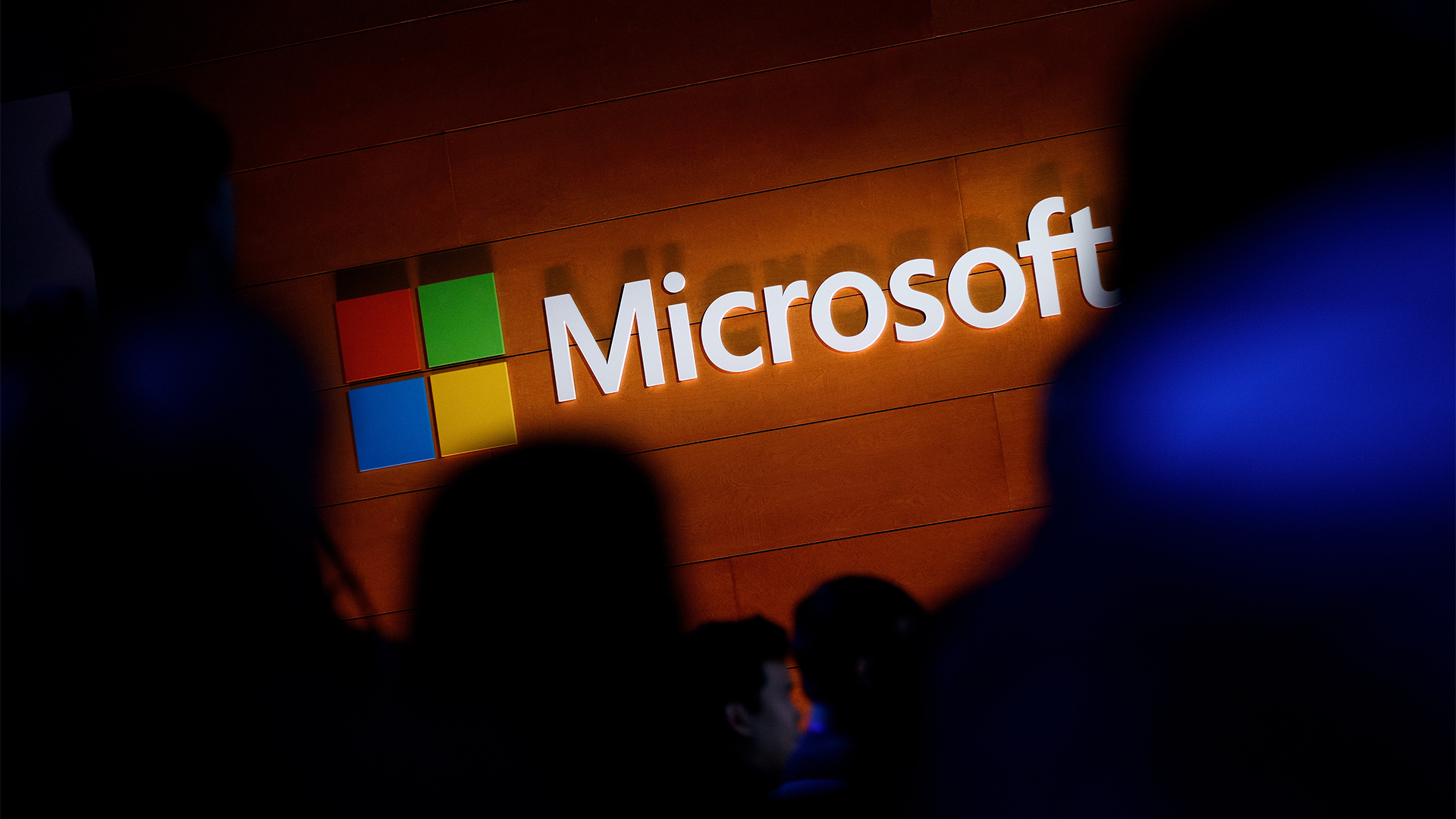Enterprise security in an 'everything, everywhere' world
Is the everything, everywhere, all the time, work ethic destroying secure collaboration in the enterprise?


There can be no doubting that the enterprise information landscape has shifted in the last couple of years, but has your data security strategy also evolved enough to keep up?
Employees using personal cloud tools are fragmenting enterprise content by displacing it from corporate drives onto personal devices, according to the 'State of the Enterprise InformationLandscape Study' (a Huddle report on the fragmentation of the enterprise brain). In effect, critical enterprise data is walking out through the front door as 41 per cent of employees use insecure cloud services and 91 per cent use personal storage devices for work.
Such statistics though should come as no great surprise to anyone working within an IT environment. BYOD in the broadest sense has been a reality for years now. But does always-on, in the broadest sense, mean always-insecure? Have enterprise security strategies really kept pace with 'digital society' for want of a better term?
Jackie Gilbert, CMO and founder of SailPoint, doesn't think so. "The old security approaches are no longer enough," she warns. "Enterprises must change IT processes and adopt new tools that can meet the 24x7 security requirement."
That's the reality of today's always-on IT environment, not that Gilbert is saying that insecurity and digital society are joined at the hip. "Security measures must start with the individual business user identities rather than the devices and applications," she said. "Historically, a high percentage of IT organisations relied on Windows or network security to manage user access to applications and data on-premises." In other words, when an employee left the company the user was removed from Active Directory and VPN access rapidly shut down. "These approaches are no longer enough in the always on world because business users are accessing cloud apps outside the network," Gilbert explains.
"BYOD eliminates Windows-based authentication options because mobile users never log into a Windows-based computer. Authentication strategies must account for a whole new set of user login options in BYOD environments."
Sign up today and you will receive a free copy of our Future Focus 2025 report - the leading guidance on AI, cybersecurity and other IT challenges as per 700+ senior executives
Davey is a three-decade veteran technology journalist specialising in cybersecurity and privacy matters and has been a Contributing Editor at PC Pro magazine since the first issue was published in 1994. He's also a Senior Contributor at Forbes, and co-founder of the Forbes Straight Talking Cyber video project that won the ‘Most Educational Content’ category at the 2021 European Cybersecurity Blogger Awards.
Davey has also picked up many other awards over the years, including the Security Serious ‘Cyber Writer of the Year’ title in 2020. As well as being the only three-time winner of the BT Security Journalist of the Year award (2006, 2008, 2010) Davey was also named BT Technology Journalist of the Year in 1996 for a forward-looking feature in PC Pro Magazine called ‘Threats to the Internet.’ In 2011 he was honoured with the Enigma Award for a lifetime contribution to IT security journalism which, thankfully, didn’t end his ongoing contributions - or his life for that matter.
You can follow Davey on Twitter @happygeek, or email him at davey@happygeek.com.
-
 The six biggest security challenges coming in 2026
The six biggest security challenges coming in 2026In-depth What will be the main challenges businesses face in 2026 and what can they do to prepare?
-
 Channel focus: All you need to know about Microsoft's partner program
Channel focus: All you need to know about Microsoft's partner programChannel Focus The veteran OS developer and vendor continues to advance its strategy, particularly in Azure cloud solutions and AI
